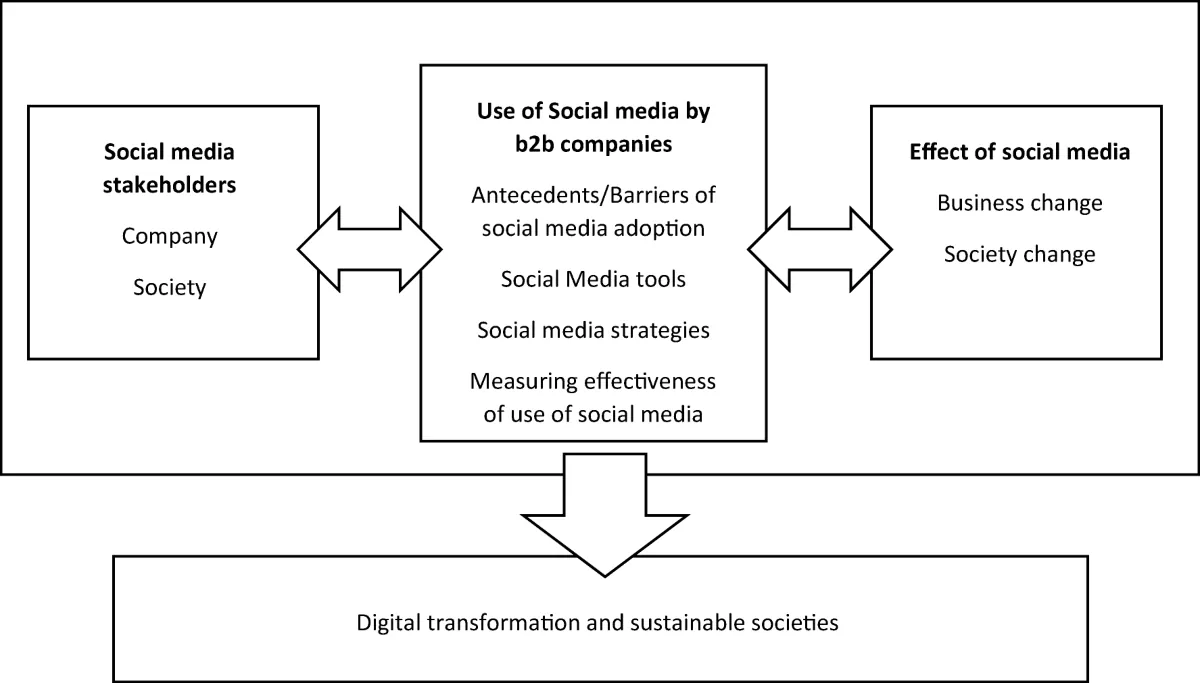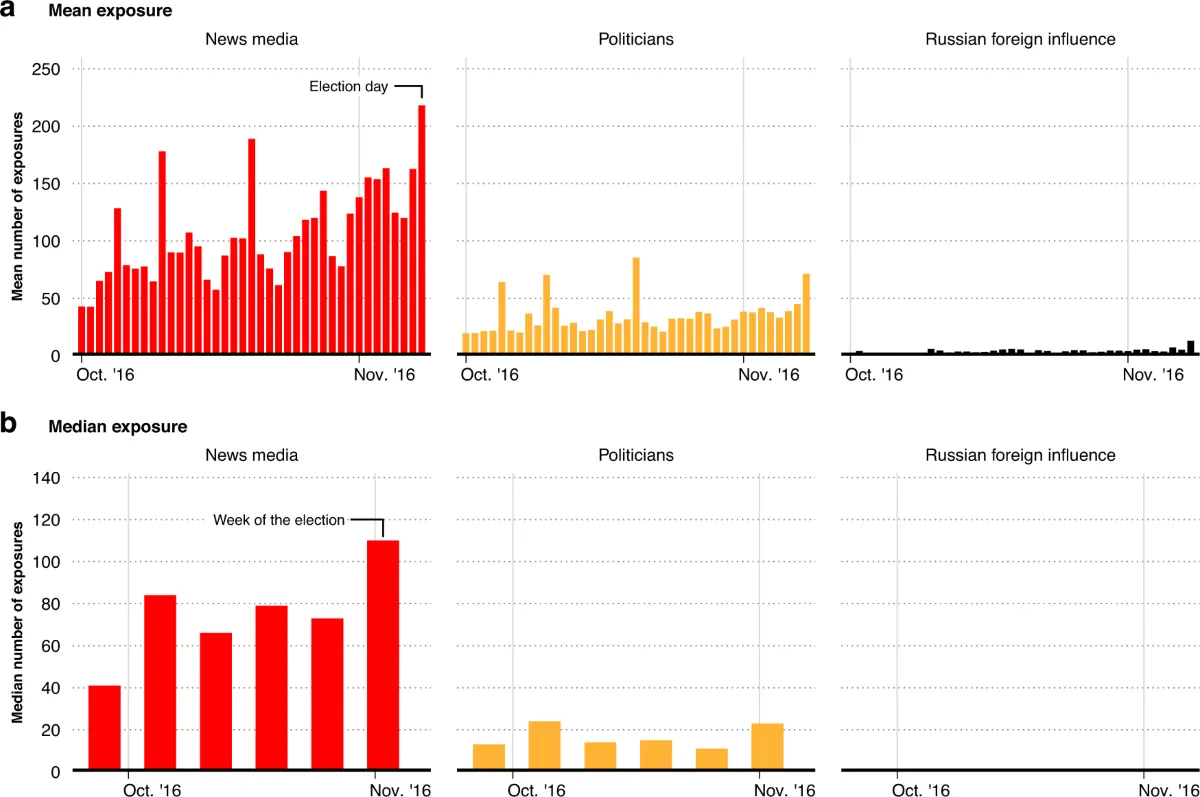Social Media Platforms Grapple with New Russian Influence Tactics
U.S. authorities accuse RT employees of coordinating an online network to sway the 2024 election. Social media giants face challenges in addressing this new form of covert influence operation involving real American citizens.

Two days after U.S. authorities accused two employees of RT, a Russian state media network, of orchestrating an online campaign to influence the 2024 U.S. presidential election, the content produced by Tenet Media, the company at the center of the allegations, remains largely accessible across various social media platforms.
As of September 8, 2024, nearly 4,000 posts by Tenet Media were still visible on TikTok, while over 2,500 videos and 4,000 posts remained on Instagram and X (formerly Twitter), respectively. The company's content also persisted on Facebook and Rumble. Among major platforms, only YouTube has taken action, removing Tenet Media's main channel and four others operated by owner Lauren Chen.
This situation presents a unique challenge for social media companies, as it involves real U.S. citizens and offline relationships, distinguishing it from previous foreign propaganda campaigns. The case highlights the evolving nature of influence operations, reminiscent of Cold War-era tactics where messages were disseminated through journalists or front media outlets.

The U.S. Justice Department alleges that two RT employees collaborated with foreign nationals in the United States to establish a company in Tennessee. This entity reportedly paid prominent conservative commentators to produce regular videos on topics designed to amplify political divisions in the country. The indictment reveals that $8.7 million was paid to the production companies of three online personalities, with the company's founders receiving over $760,000.
Social media platforms have implemented various measures to combat foreign influence, including labeling state-affiliated media organizations and requiring disclosure of sponsorships. However, the Tenet Media case falls into a gray area, involving neither fake accounts nor direct state-run entities, nor traditional product placements.
Olga Belogolova, a disinformation professor at Johns Hopkins School of Advanced International Studies and former head of influence operations policy at Meta, commented on the complexity of the situation:
"What we're ultimately grappling with is a problem that exists in the real world. It's manifesting on social media in the sense that the entity has a presence there, but it isn't a social media problem per se."
The platforms' response to this case is further complicated by the political sensitivities surrounding content moderation, especially regarding conservative voices. Mark Zuckerberg, Meta's CEO, recently expressed regret about some of his company's past moderation decisions in a letter to Congress.
As social media companies deliberate on how to address this new form of influence operation, they must carefully consider the potential consequences of their actions. The challenge lies in balancing the need to combat covert foreign influence with protecting legitimate speech and avoiding the creation of dangerous precedents.
This case serves as a reminder of the ongoing evolution of information warfare and the complex interplay between social media, politics, and foreign influence in the digital age. As the 2024 U.S. presidential election approaches, the ability of platforms to adapt to these new challenges will be crucial in maintaining the integrity of online discourse and democratic processes.


































